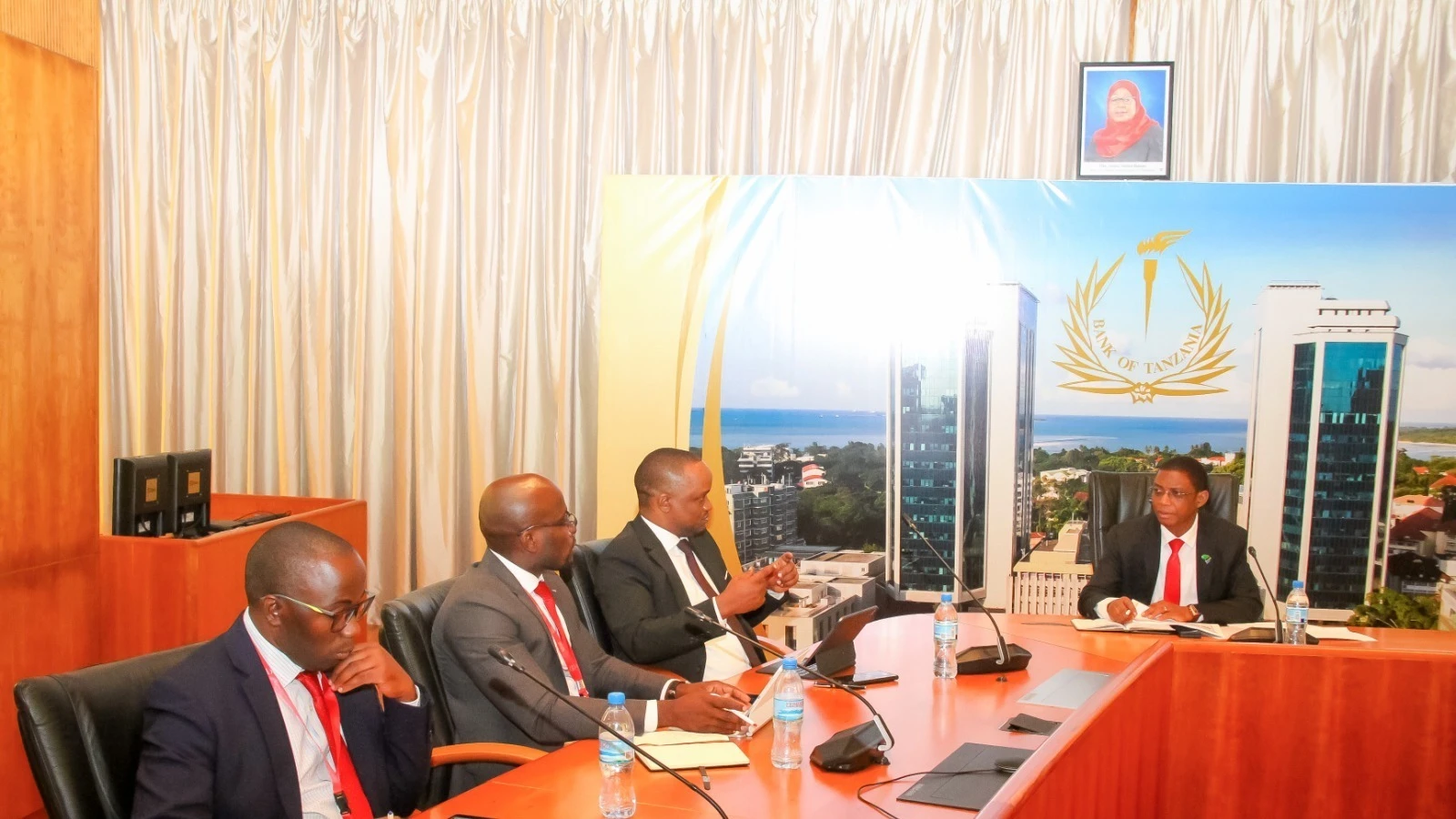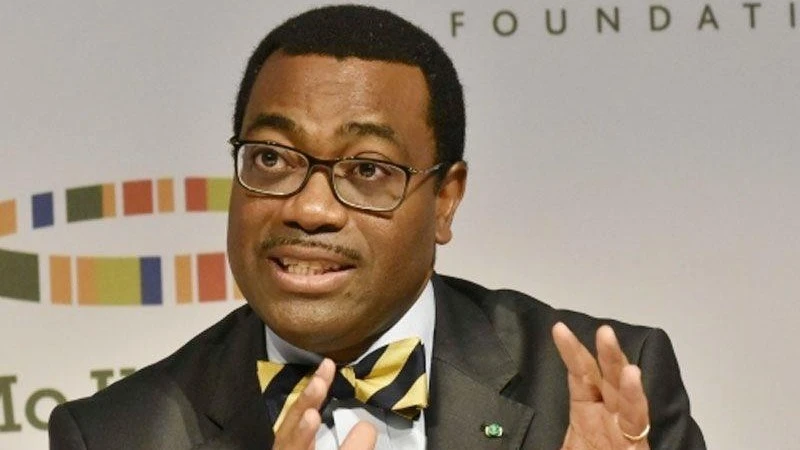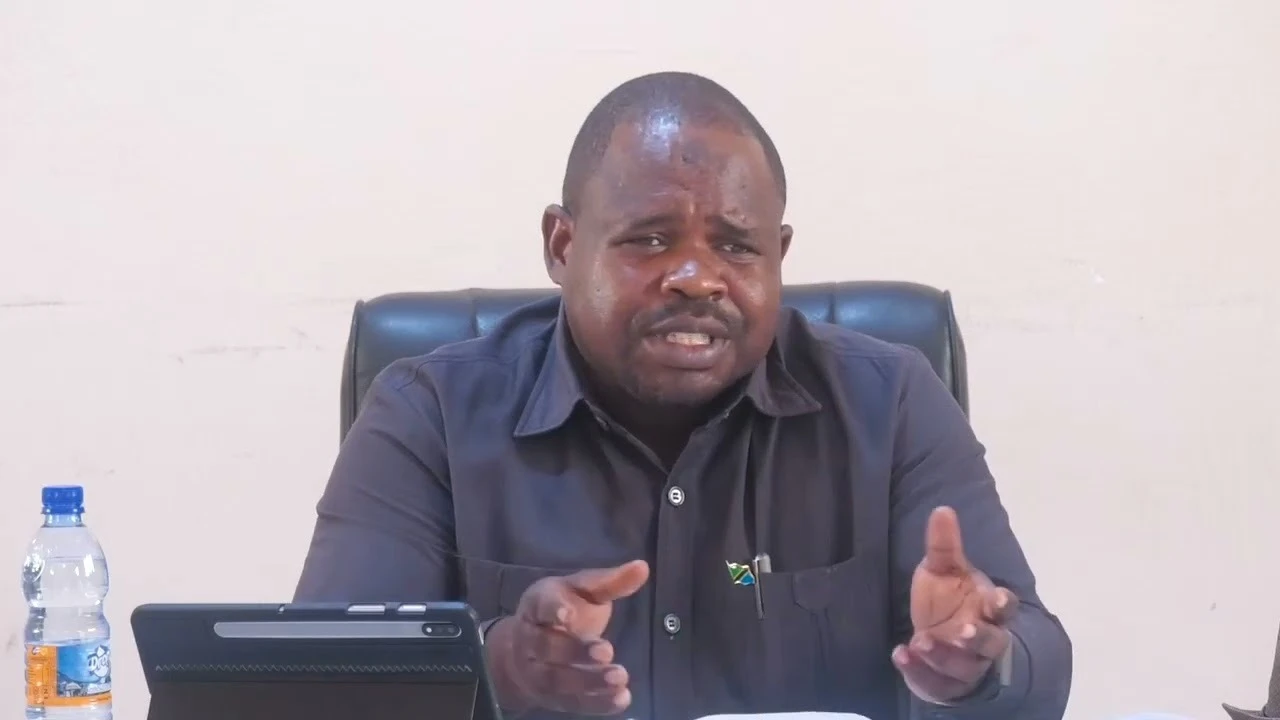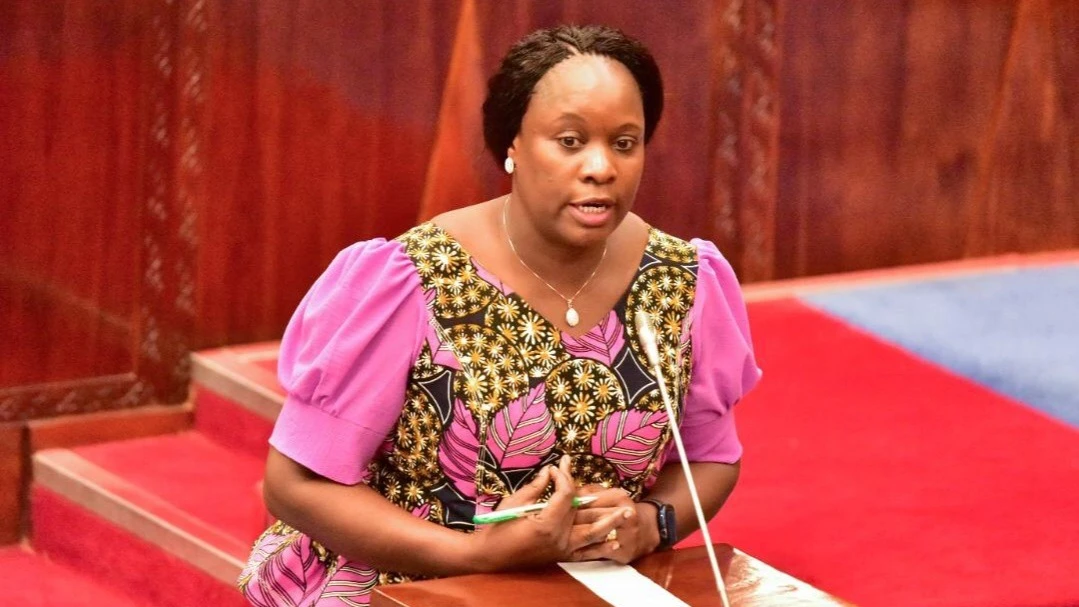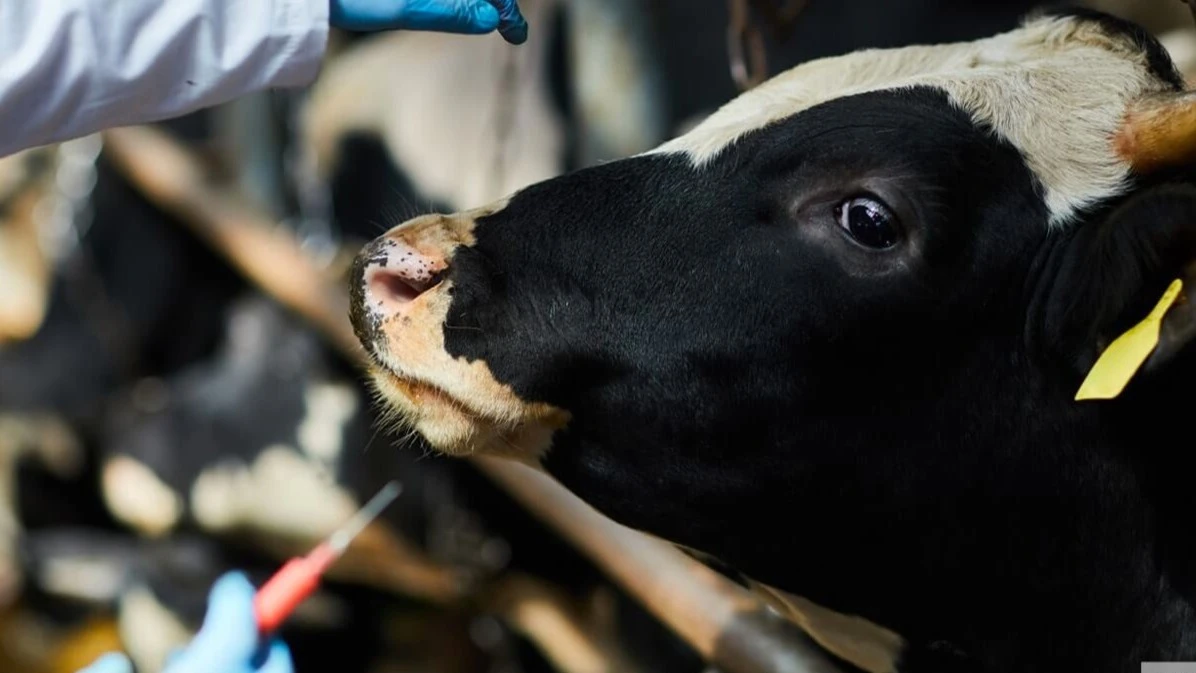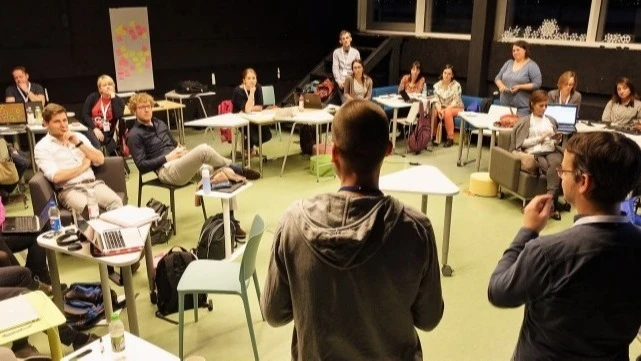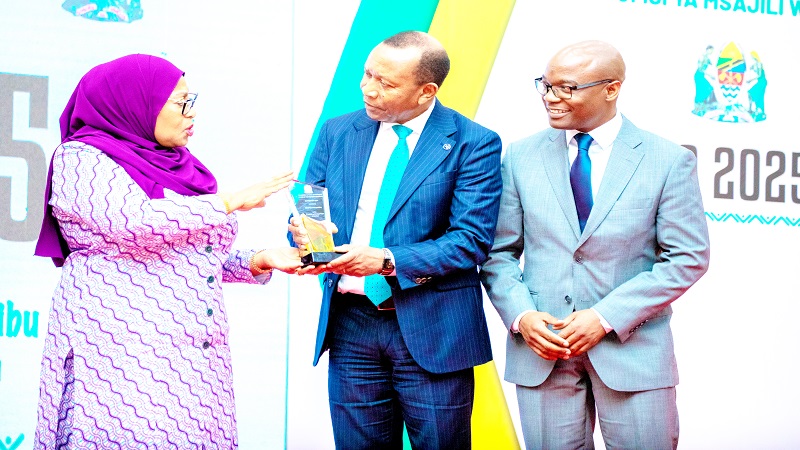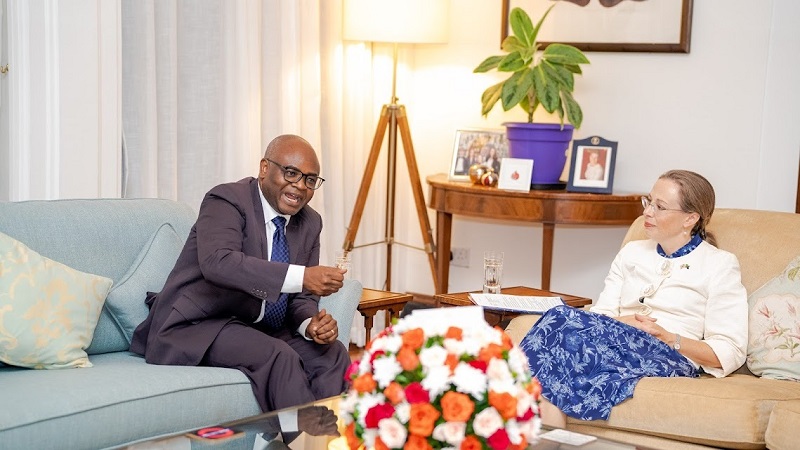‘Funding gaps, skills deficits hinder survival of youth-led organisations’
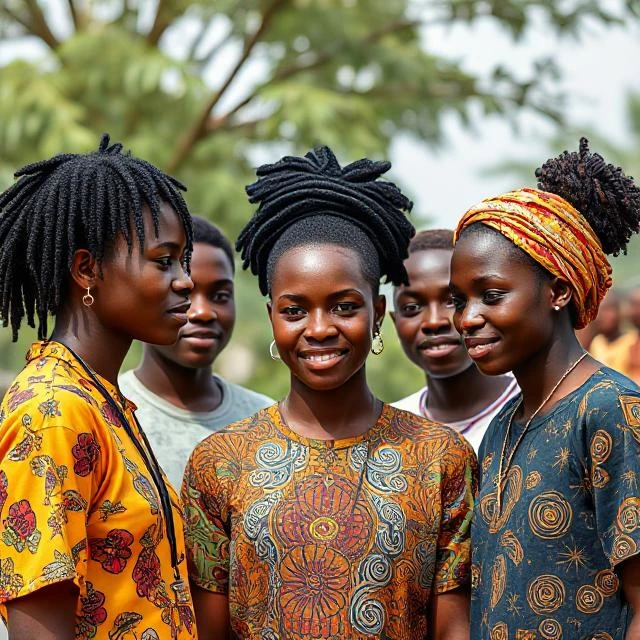
MANY youth-led organisations in Tanzania struggle to stay afloat due to restrictive funding conditions, limited institutional knowledge, and lack of financial resources, ‘Her Initiative’ executive director Lydia Charles said over the weekend.
Speaking in Dar es Salaam during the graduation of 20 youth-led organisations training programme, she said such challenges continue to block young people from achieving their goals of transforming communities through the organisations they lead.
The training, known as the Adaptive Leadership Programme, is part of the Stawi Lab project implemented by ‘Her Initiative’ to build the capacity of young leaders across the country.
“These barriers pushed us to create a programme that equips youth leaders with the knowledge and skills to overcome operational and strategic hurdles in their organisations,” she said.
She noted that the programme offers ongoing mentorship designed to enhance leadership capacity, improve decision-making, and build resilience amid constant technological, political, economic, and social shifts.
“We live in a world shaped by rapid changes. This training helps youth leaders turn those changes into opportunities for growth,” she said.
She called on the government to establish startup-friendly policies for youth organisations, including simplified registration processes, tax incentives, and legal frameworks that ease early-stage operations. She also advocated for the creation of grant funds specifically targeting youth NGOs and urged policymakers to involve young people directly in national development planning.
“We believe the dreams of Tanzanian youths will not fade—they will shine,” she said.
Chikulupi Kasaka, a senior officer at the Embassy of the Netherlands, echoed Lydia Charles’ concerns, attributing many youth organisations’ failure to secure funding to poor governance structures.
“Some lack proper organisational departments or are run by relatives and friends rather than professionals,” she said.
She added that some organisations request large sums of funding without demonstrating the capacity to manage even small budgets effectively.
“Donors are hesitant to disburse millions to groups that haven’t proven they can handle basic financial operations,” Kasaka noted.
She also pointed to global shifts in donor priorities, particularly in Western countries, where focus is increasingly turning inward—making external funding harder to obtain.
Kasaka advised youth organisations to shift away from seeking support for short-term activities such as two-day seminars, and instead design long-term, results-driven projects.
“We often see proposals for temporary events instead of sustainable youth-led initiatives with real impact,” she said.
Deputy Minister in the Prime Minister’s Office for Labour, Youth, and Employment, Patrobas Katambi, urged young leaders to be creative and committed in their work.
He emphasised the importance of upholding the law, maintaining ethical standards, and fostering collaboration to achieve their goals.
During the event, five high-performing organisations received awards and seed funding to strengthen their operations and expand their reach.
Top Headlines
© 2025 IPPMEDIA.COM. ALL RIGHTS RESERVED








